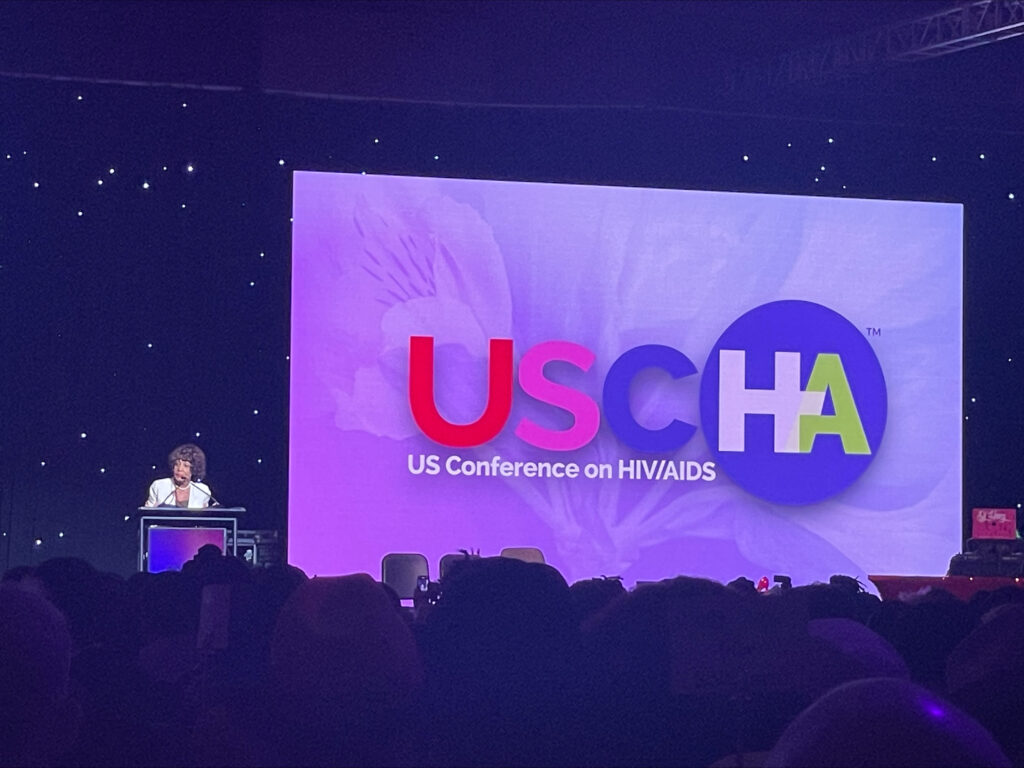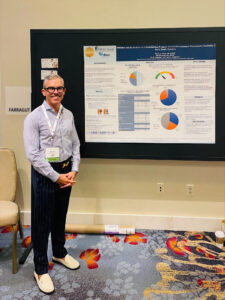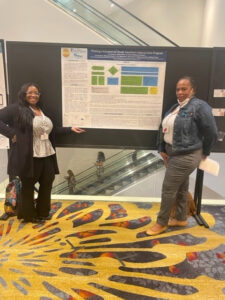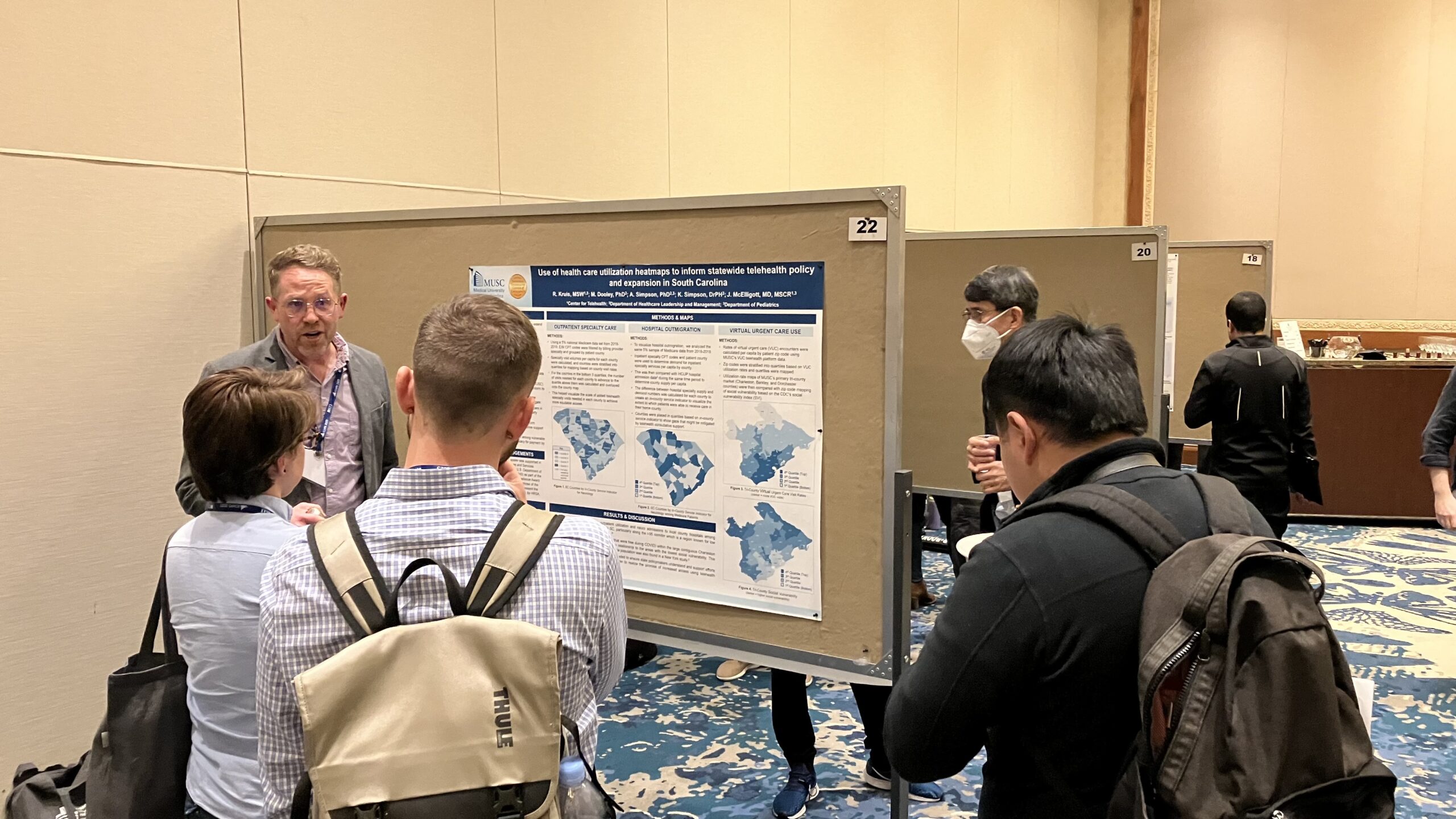Dr. Regan Stewart and Dr. Rosaura Orengo-Aguayo from the MUSC COE presented at the Puerto Rico Telehealth Symposium on January 17th, 2024. The symposium was hosted by the Southeastern Telehealth Resource Center (SETRC). Telehealth champions from the public sector, government, public/private hospital systems, clinics, emergency responders, academia, and researchers shared their efforts and formulated plans for expansion on the island of Puerto Rico in 2024.
- View Drs. Stewart and Orengo-Aguayo’s presentation (note: presentation is in Spanish)
- Visit the Puerto Rico symposium page



